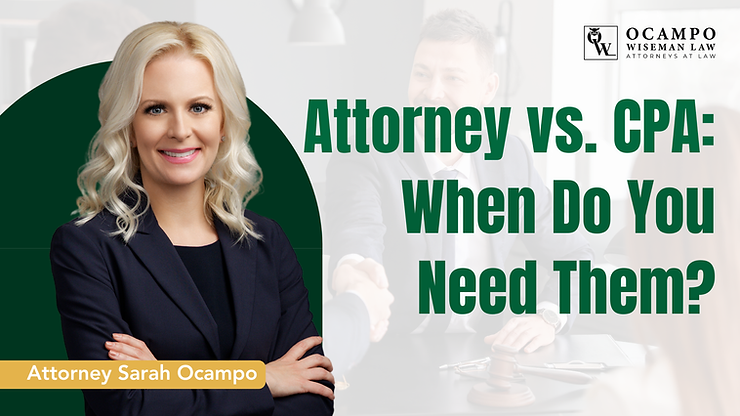Each brings essential expertise that supports sustainable growth and compliance from day one.
Role of an Attorney in Business Setup
An attorney’s primary focus is setting up a strong legal structure for your business and ensuring protection against potential legal issues. Here’s how they contribute:
Choosing the Right Business Entity
An attorney helps determine the most suitable business structure, whether that’s an LLC (Limited Liability Company), PC (Professional Corporation), or a corporation.
Each entity type has unique legal implications, and choosing the right one can impact your liability, tax obligations, and operational flexibility.
Many attorneys also serve as registered agents for their clients, meaning they receive important legal documents on behalf of the company.
This role adds an additional layer of legal support, ensuring that any legal matters are promptly addressed.
While an attorney handles the legal aspects, a CPA’s expertise is in taxation and financial health, both critical for a successful business:
Tax Compliance and Financial Guidance
A CPA guides you through tax preparation, filing, and compliance, helping your business adhere to tax regulations while optimizing your tax benefits.
CPAs offer strategic advice on managing tax liabilities, which can make a significant difference in your company’s finances.
One area where CPAs add value is explaining tax designations. Terms like “s corp” often create confusion for new business owners.
An “S-Corp” isn’t a type of business entity but a tax election that an LLC or corporation can choose.
This choice can offer tax advantages without changing the structure of your business.
For instance, an LLC can elect S corp status for tax purposes to reduce its tax burden.
Understanding the difference between a business entity (like an LLC or corporation) and a tax designation (like an S corp) can be challenging.
Legal and financial professionals help clarify these distinctions, ensuring that you make informed choices that benefit your business structure and tax strategy.
Starting a business successfully requires both legal protection and financial foresight. Consulting an attorney for the legal framework and a CPA for tax guidance provides a robust foundation.
By engaging these professionals early on, you set your business up for growth, compliance, and success.
If you’re ready to take the next step, contact our office for a free 15-minute consultation.
Let us help you build a business that’s protected and financially sound.





